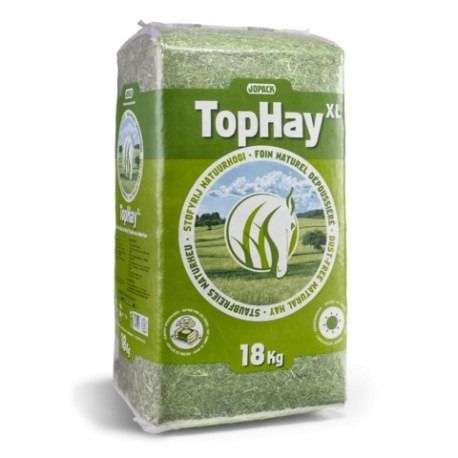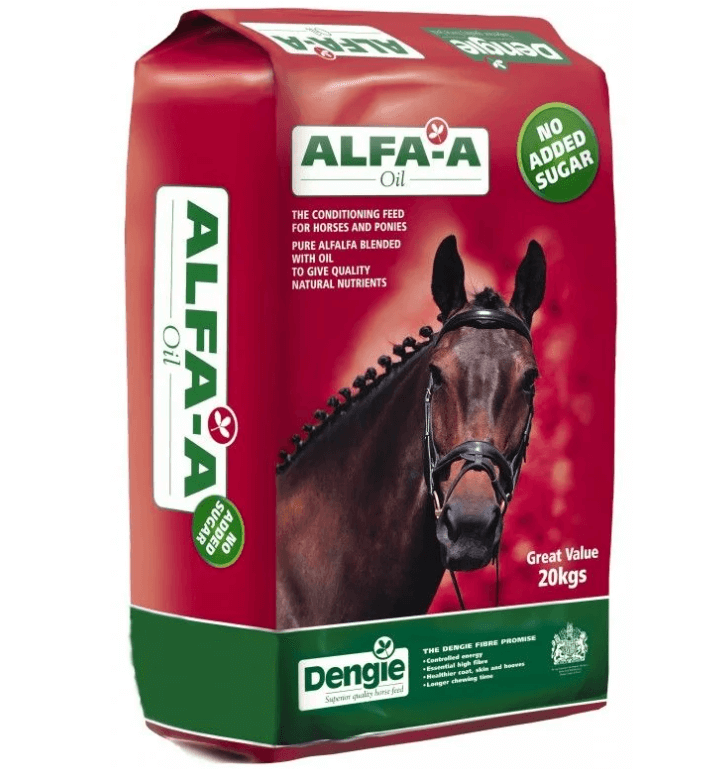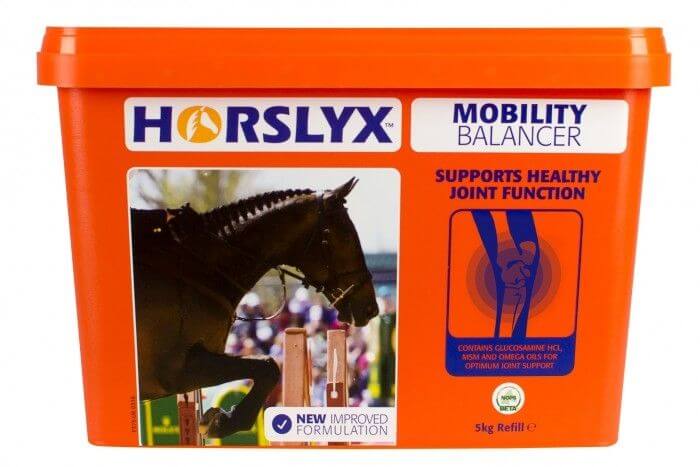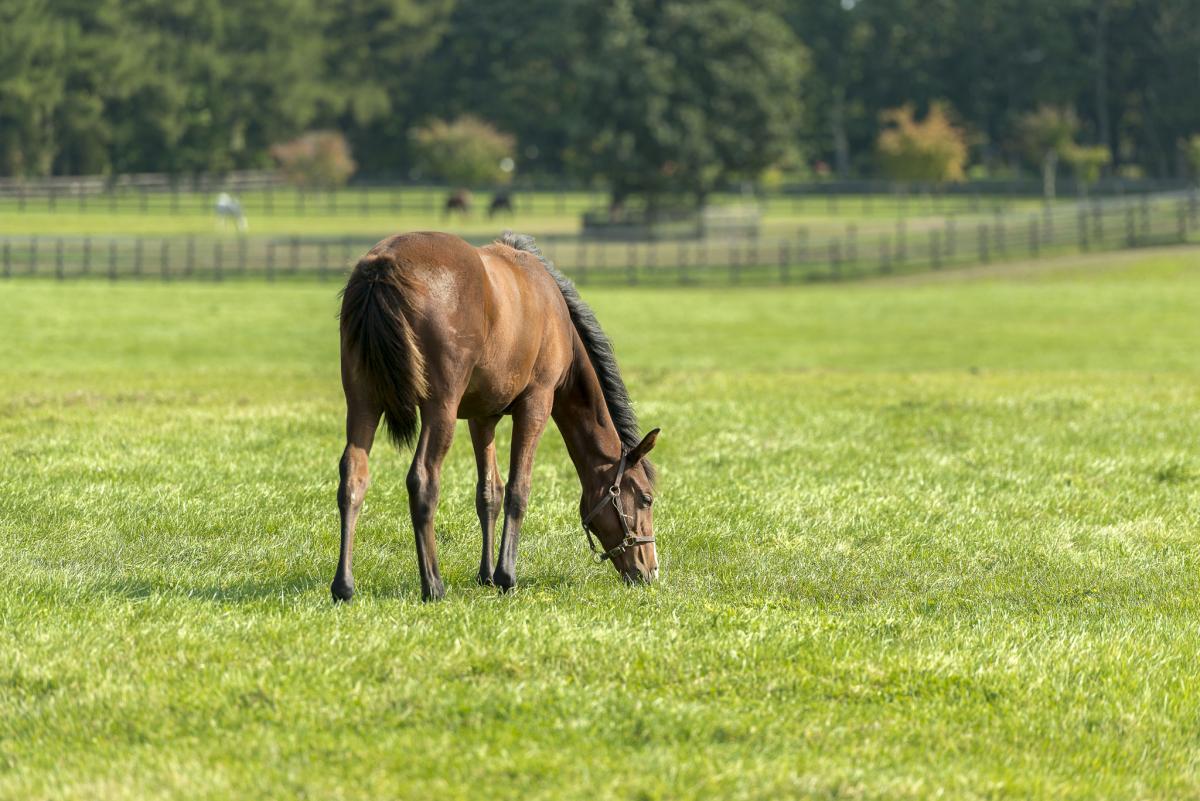
Feeding horses requires a deep understanding of equine nutrition and your horse's individual needs. Proper feeding practices are essential for ensuring your horse remains healthy, whether they’re a retired companion, eventer, polo horse and anything in between. In this guide, we’ll explore what horses eat, considerations for equine diets, and tips for feeding horses effectively.
What do horses eat?
Horses are herbivores with a digestive system designed for grazing. Their primary food sources include:
- Forage: The cornerstone of most horse diets. Horse forage provides essential fibre, which is crucial for digestive health. Quality matters—look for hay free from mold, dust, and weeds.
- Grass: Fresh grass in paddocks is another excellent source of nutrients, though it should be supplemented with hay during winter months or in areas with limited grazing.
- Concentrate feeds: Grain-based feeds or pelleted equine food provide extra calories and nutrients for horses with higher energy demands, such as performance or breeding animals.
- Supplements: Depending on your horse’s diet and specific needs, supplements like vitamins, minerals, or joint support products may be necessary.
Forage for horses
When it comes to feeding horses, the choice of forage plays a crucial role in maintaining their health and well-being. Two common options are hay and haylage, each with its own benefits and considerations. Feeding forage is essential for a horse’s digestive health and overall well-being. As a primary source of fibre, this supports the horse’s gut flora, which is critical for efficient digestion and nutrient absorption.
Additionally, chewing forage stimulates saliva production, which helps buffer stomach acids and reduces the risk of ulcers. For horses without access to pasture, forage serves as the primary substitute, ensuring they meet their forage needs even in confined or winter conditions. Our ever-popular TopHay is our best forage for horses as it is a natural, dust free solution which is beautifully scented with a natural smell of grass.
How much hay & haylage to feed horses
According to Dengie feeds, horses should consume between 2% and 2.5% of their body weight in hay or haylage daily. Wetter forages, such as haylage, need to be given to horses in higher quantities to ensure they receive the same amount of dry matter.
"If you need to restrict forage to stop a horse or pony from becoming overweight or obese, it is recommended not to go below 1.5% of body weight per day of forage intake for the long term” - Dengie Feeds
Horse grazing
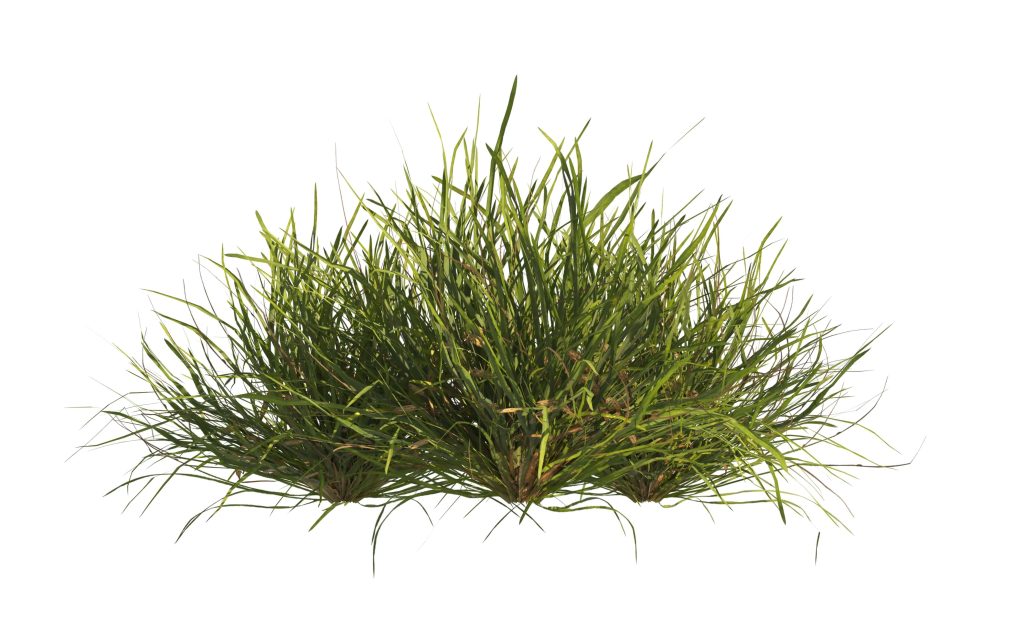
Grazing is a natural and essential activity for horses, providing them with a continuous supply of fresh grass and nutrients. Horses can spend up to 18 hours a day grazing, which helps maintain a healthy digestive system and prevents common issues like ulcers. Grazing also supports mental well-being, reducing boredom and stress. However, careful management is needed in order to avoid overgrazing or access to lush paddocks, leading to obesity or laminitis in some horses. Rotational grazing and pasture monitoring are effective management systems to ensure the sustainability and quality of grazing areas.
Concentrate feeds for horses
Concentrate feeds, such as grains or pelleted rations, are formulated to provide additional energy and nutrients beyond what forage alone can supply. These horse feeds are particularly beneficial for horses with higher caloric demands, such as performance athletes, breeding mares, or underweight individuals. Concentrates are often enriched with vitamins and minerals, ensuring a balanced horse diet. However, they should be fed in moderation, as excessive concentrate intake can lead to digestive upset or metabolic disorders. Always introduce concentrate feeds gradually and tailor the amount to your horse’s specific needs and activity level.
Denfie's Alfa-A oil is a popular choice for horses, particularly through winter, as it provides a slow release of energy and essential nutrients for improving topline and muscle development.
Equine supplements
Equine supplements are designed to address specific dietary gaps or support health needs. Common supplements include joint support formulas, hoof health enhancers, and digestive aids. Horses with restricted diets, limited grazing access, or specific health conditions may benefit from targeted supplementation. Choosing high-quality supplements and consulting with a veterinarian or SQP is important to ensure they are appropriate for your horse’s individual requirements. Over-supplementation can be harmful, so careful monitoring is key.
Horslyx's Mobility Balancer can be used to help maintain healthy joints in all horses, of all ages and breeds, whether for a performance horse that requires support for hard working joints, or as an aid for older horses that may have suffered from wear and tear over the years.
A balanced horse diet
When structuring a horse’s diet, several factors come into play:
- Age and life stage: Foals, adult horses, and senior horses have varying nutritional needs. Pregnant or lactating mares and growing horses also require specialised diets.
- Activity level: The diet of a competition horse differs significantly from that of a retired companion horse. More active horses require higher energy intake.
- Health conditions: Certain health issues, such as laminitis, ulcers, or cushing’s disease, may dictate specific dietary adjustments.
- Weight management: Monitoring your horse’s condition ensures they remain at a healthy weight. Regularly condition score your horse using a BCS scale to evaluate their physical state.
Feeding horses properly is essential for their health, performance, and overall well-being. By understanding what horses eat, structuring their diet carefully, and paying attention to their condition, you can provide the best care for your equine companions.

